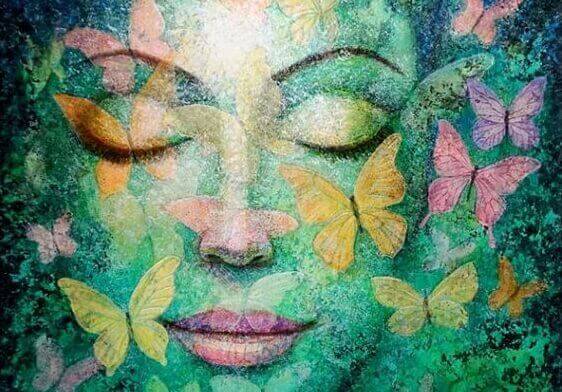To miss you is to feel the emptiness that produces the distance of your loved one, is this flame that burns in us and will never go out ?, the deep wind that leads us to remember our land or the melancholy that appears when we know that something or someone may not return to us.
The disease of the country is the presence of absence, the desire for something or someone that we remember fondly but know will be difficult to feel again, a deep emotional state that mixes sadness and affection to leave us the bittersweet taste of what will never come. even if we keep hope alive.
- “I miss a brother who lives far away.
- I miss a childhood trick.
- I miss the taste of a fruit that’s no longer there.
- Do I miss the dead father.
- The imaginary friend who never existed?”.
Imagine a city. We even Saudade, this time he doesn’t forgive. Give him all these wishes. But the desire that hurts the most is the desire of someone you love.
-Miguel Falabella-
No word of another language can bring together the feeling of a joyful memory that is also painful; a feeling that Portuguese culture has identified, expressing itself through the beautiful word saudade; a mysterious word steeped in meaning that many philologists and linguists have studied to determine their origin, but without reaching an agreement.
More than anything concrete, this word encompasses a set of sensations and emotions that refer from the past to the sensations present. An essence that Manuel Melo, a Portuguese writer, describes as “the good we suffer and the evil we enjoy”.
Saudade is a deeply moving word that is certainly difficult to understand in a sense.
On the other hand, from a philosophical point of view, Ramon Piero describes the term as a mood derived from a feeling of loneliness, so that the different forms of loneliness translate into different forms of desire: the one we enjoy in our circumstances. (objective) and the one we live in our (subjective) intimacy.
Other explanations refer to attempts to return to the basic sense of security through the instinct of death, as Dr. Novoa Santos explains, or to the emotional awakening caused by the place of origin. As we can see, there are a whole range of meanings that converge in a psychological state.
While desire is identified as nostalgia or melancholy, the fragrance of its essence transcends the walls of these meanings. Losing is not only losing, but also transcending that feeling to become aware of the importance that certain people and certain moments had in our It is knowing that nothing will be the same in the previous moment and in shared experiences.
As we have already said, this term refers to the spilling of a wave on the beach of our consciousness, a wave of sea that breaks, in which absence becomes present flooding our interior, is at this moment that we remember those eyes with which we will not reconnect, the skin that we will never touch again, or the smell of the place where we grew up , the backyard of our childhood, as we see the timid but constant movement of the Sun on the horizon. between the joy of remembrance and the sadness of absence.
Romantics understand this very well. Because, as the writer and actor Miguel Falabella said, the desire that hurts the most is that of the person for whom love is not dead, the one that corresponds to the emptiness of knowing that it is impossible to be together, but, in turn, this was accepted as destiny, remembering how happy we were as a breeze of sadness caresses our necks. A beautiful but painful way to love?
“The desire that hurts the most is the desire of someone you love. I miss the skin, the smell and the kisses, missing presence and even spoiled absence?. – Miguel Falabella-
Desire hurts but necessarily implies happiness on the one hand, because when we feel it, we transcend what we feel, we go above and beyond to remember happiness and feel sadness knowing that it is impossible to find a feeling that is so pleasant before.
It’s like learning to savor the bittersweet side of memory. The one who integrates his most opposite poles and finds a certain balance that sometimes comforts us?
“Do I want to be what I felt when I wrote and what you probably feel now after I finish reading?-Miguel Falabella-
In short, to feel the pain of the country is to feel life with each of the pores of our skin and to learn to value everything around us, every moment, every detail, each person can awaken in us this emotional state that places us between pain and happiness.
It’s you? What do you usually miss?

